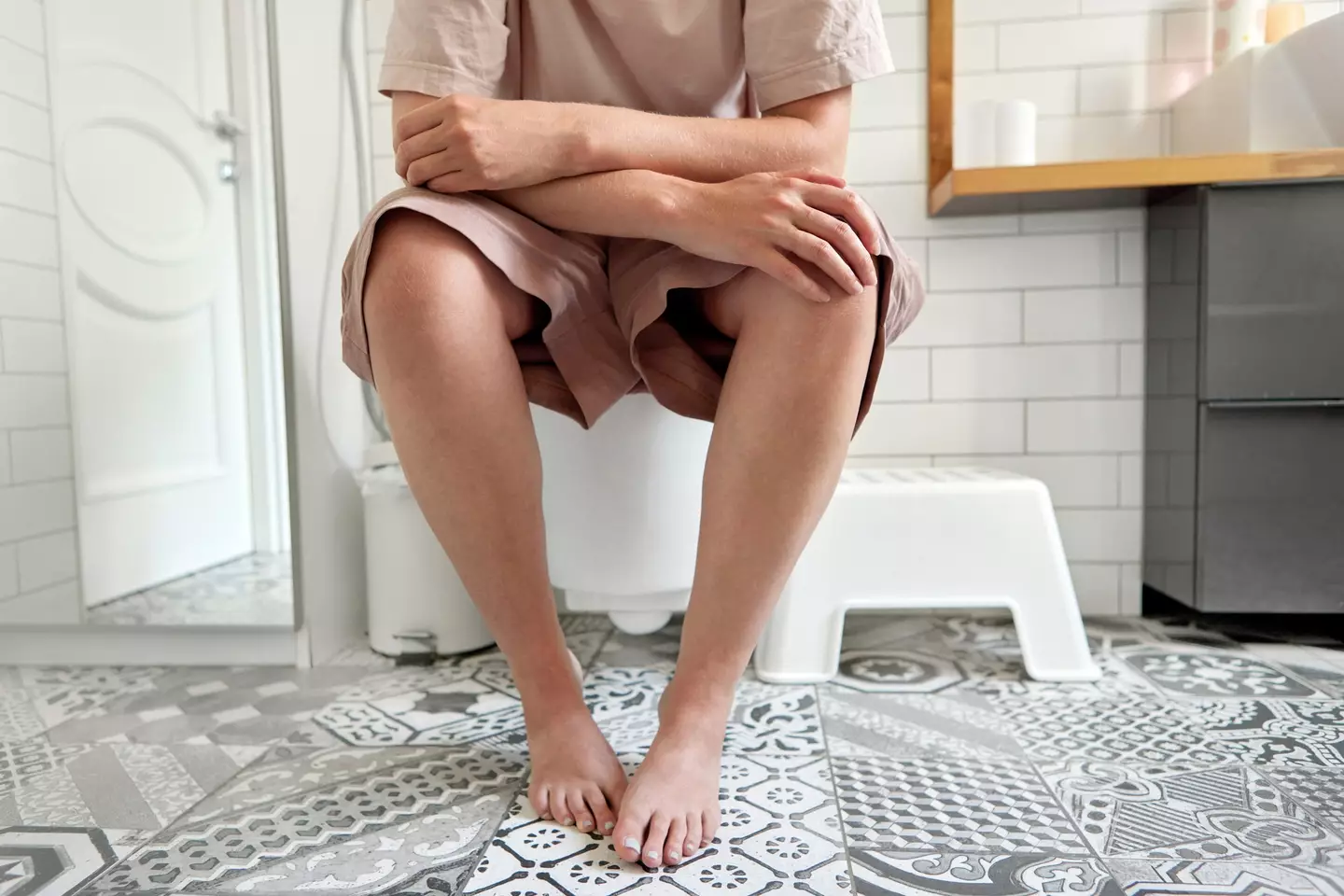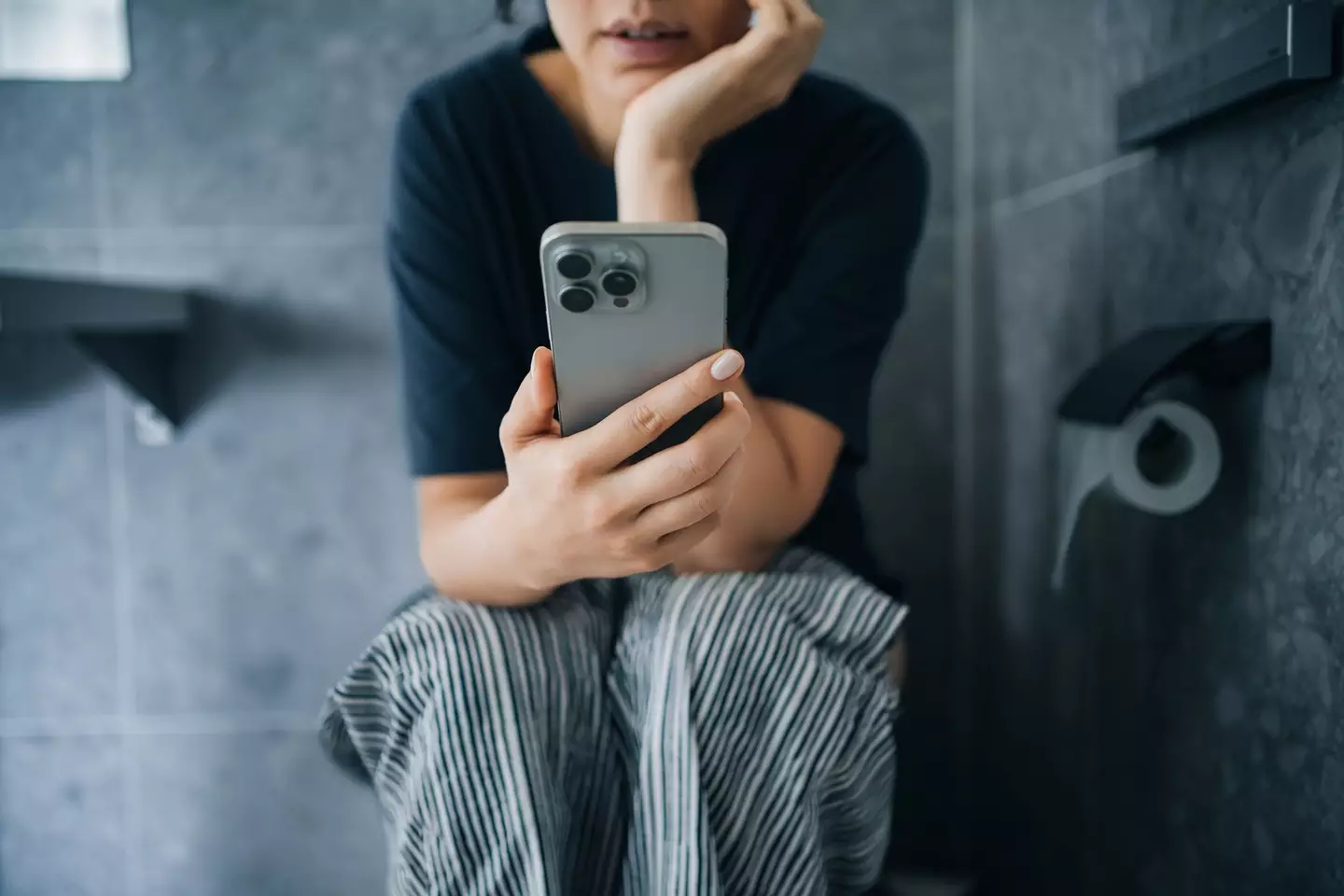.jpg)
An anal surgeon has revealed a bizarre solution for a common issue.
Noticing a change in bowel habits can be concerning, especially if it is ongoing or accompanied by other symptoms, such as pain.
Colon cancer is on the rise among young people, so it's important to make sure that if you notice anything unusual about your toilet habits - or if you see blood in your poo - that you seek medical attention, even if it happens just the once.
Symptoms to look out for include a change in bowel habits; abdominal pain; a lump in your tummy; needing the toilet more or less than usual; fatigue; weight loss and bloating.
Advert
Dr. Evan Goldstein, founder and CEO of Bespoke Surgical and the Future Method sexual wellness brand, has shared his knowledge on experiencing pain while pooing with The New York Post.
He explained that if you feel pain when pooing, it may simply be an anal fissure, as they’re more common than you think.

An anal fissure is a small tear in your anus that generally causes pain while pooing.
The symptoms of it are severe, sharp pain when you poo, burning pain after you poo that may last for several hours and bright red blood in the toilet or on the toilet paper.
Dr Goldstein, who has the nickname Dr. Butthole, explained: “Anal fissures are incredibly common, especially among people who engage in anal sex.
“They can be caused by a number of things: sometimes it’s muscular, like spasms or tightness during bowel movements or bottoming.
“Other times, it’s structural: thinner skin or tissue that simply can’t accommodate penetration or pressure, which we often see in women.”
Dr Goldstein also emphasised the importance of treatment, adding: “The tissue becomes fragile and prone to re-tearing. You might develop skin tags or scar tissue that affects both function and appearance.”
.jpg)
How to treat an anal fissure
For the first week after you notice a new fissure, the expert says you should take the following steps:
- Take an over-the-counter stool softener and a fibre supplement
- Take Calmol 4 suppositories twice a day
- Bathe with epsom salts
- Try a prescription compound ointment
- Consume high-fibre foods
- Drink eight to 12 10-ounce glasses of water daily
- Gently wash and dry the area
- Don’t use baby wipes or anything that contains chemicals and avoid wiping
- Avoid caffeine as it will dehydrate you
However, if you've tried these methods, Dr Goldstein explained that in some cases, a botox injection can be used.

“For more chronic or recurrent fissures, anal Botox has been a game changer,” Goldstein said.
“It works by temporarily relaxing the anal muscles to reduce pressure and allow healing.”
Over on Bowel Research, they explain that botox is also being trialled to help with constipation.
They explained: "Bowel Research UK funded researchers at Barts Health NHS Trust are trialling a new method for delivering these injections, targeting the key muscle (puborectalis) using ultrasound scanning.
"It can be done as an outpatient procedure, and the team believe [it] allows for a cleaner, more accurate injection without the need for anaesthetic."